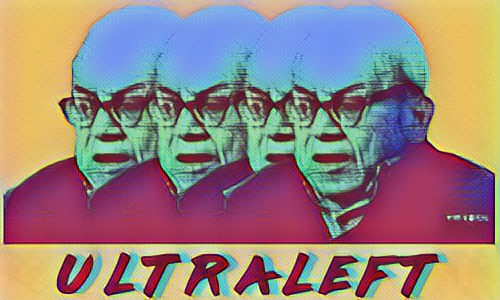Five Pillars of Minarcho-Councilism
This new ideology seeks to combine worker owned means of production with a "as minimal as posssible" state to ensure the protection of workers and their rights. Minarcho-Councilism advocates for workers councils being the core foundation of a socialist society. It favors council democracy to state socialism. This governance model is based on the following five pillars:
Libertarian Socialism
This philosophy seeks a socialism that is about the self-emancipation of the working class. It involves the building of counter power parallel to the state. It criticizes wage slavery relationships within the workplace emphasizing workers self management and decentralized structures of political organization such as direct democracy, popular assemblies, cooperatives, trade unions and workers councils.
Anarcha Feminism
This position posits patriarchy and traditional gender roles as manifestations of involuntary coercive hierarchy that should be replaced by decentralized free association. Anarcha-feminists believe that the struggle against patriarchy is an essential part of working class struggle and the anarchist struggle against the state and capitalism.
Intersectional Ecology
This is a radical environmentalism that sees the relationship between oppressed groups (women, ethnicities, working class, LGBTQ, and others) and the earth, as foundational to its analysis and practice. Intersectional ecology theory asserts a perspective that calls for an egalitarian, collaborative society in which there is no one dominant group. It contends that all oppressive structures ultimately stem from humans dominance of nature.
Techno Progressivism
This is a stance of active support for the convergence of technological change and social change. Techno-progressives argue that technological developments can be profoundly empowering and emancipatory when they are regulated by legitimate direct-democratic institutions. The minimalist state retained under this system would primarily advance science and technology.
Global Municipalism
This ideological contribution constitutes the politics of a revolutionary effort in which freedom is given institutional form in public assemblies that become decision-making bodies. Global Municipalism is used to describe a system in which libertarian institutions of directly democratic assemblies would oppose and replace the state with a co-federation of free municipalities. Global municipalism intends to create a situation in which the two powers—the municipal confederations and the nation-state—cannot coexist.




Comments
Post a Comment